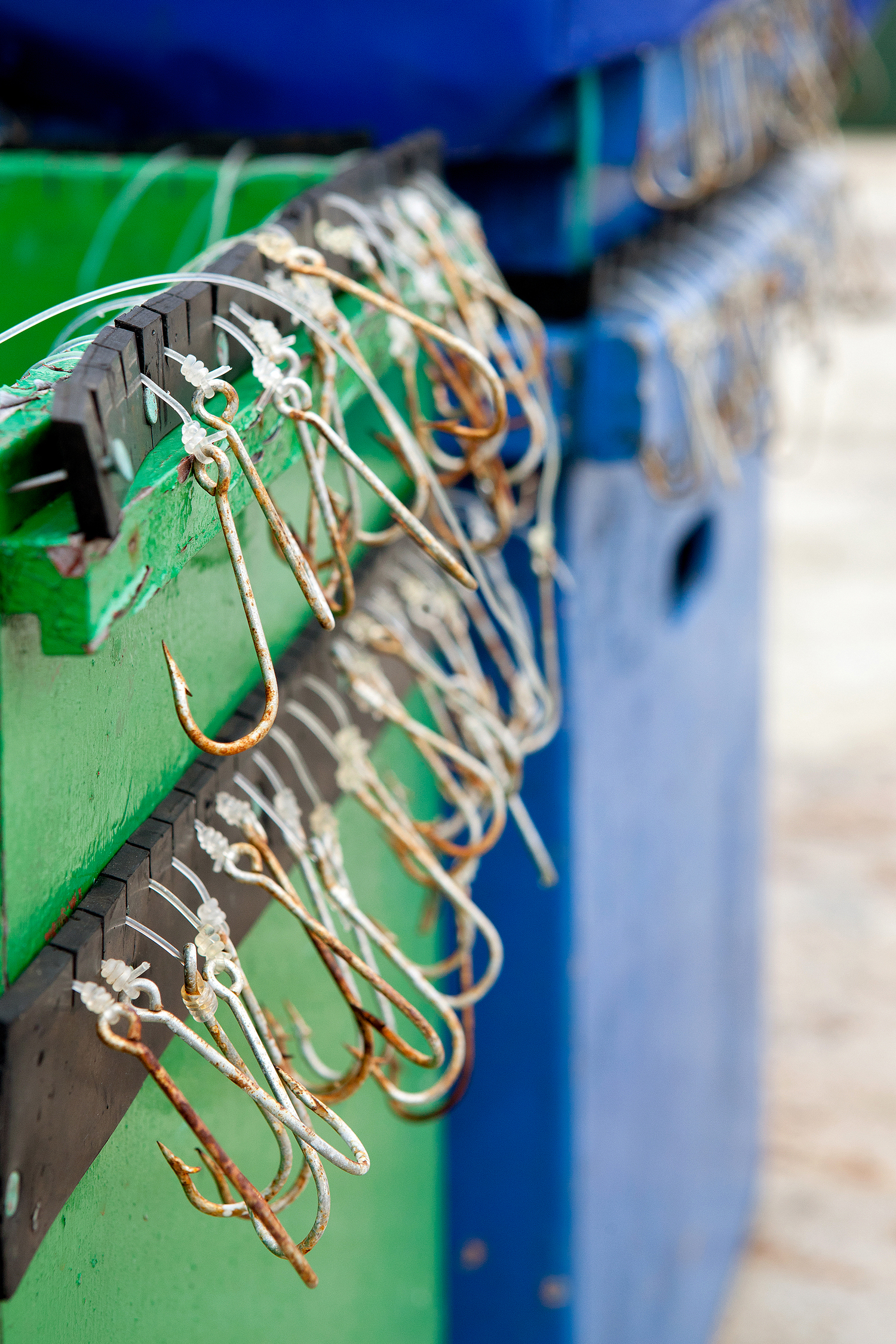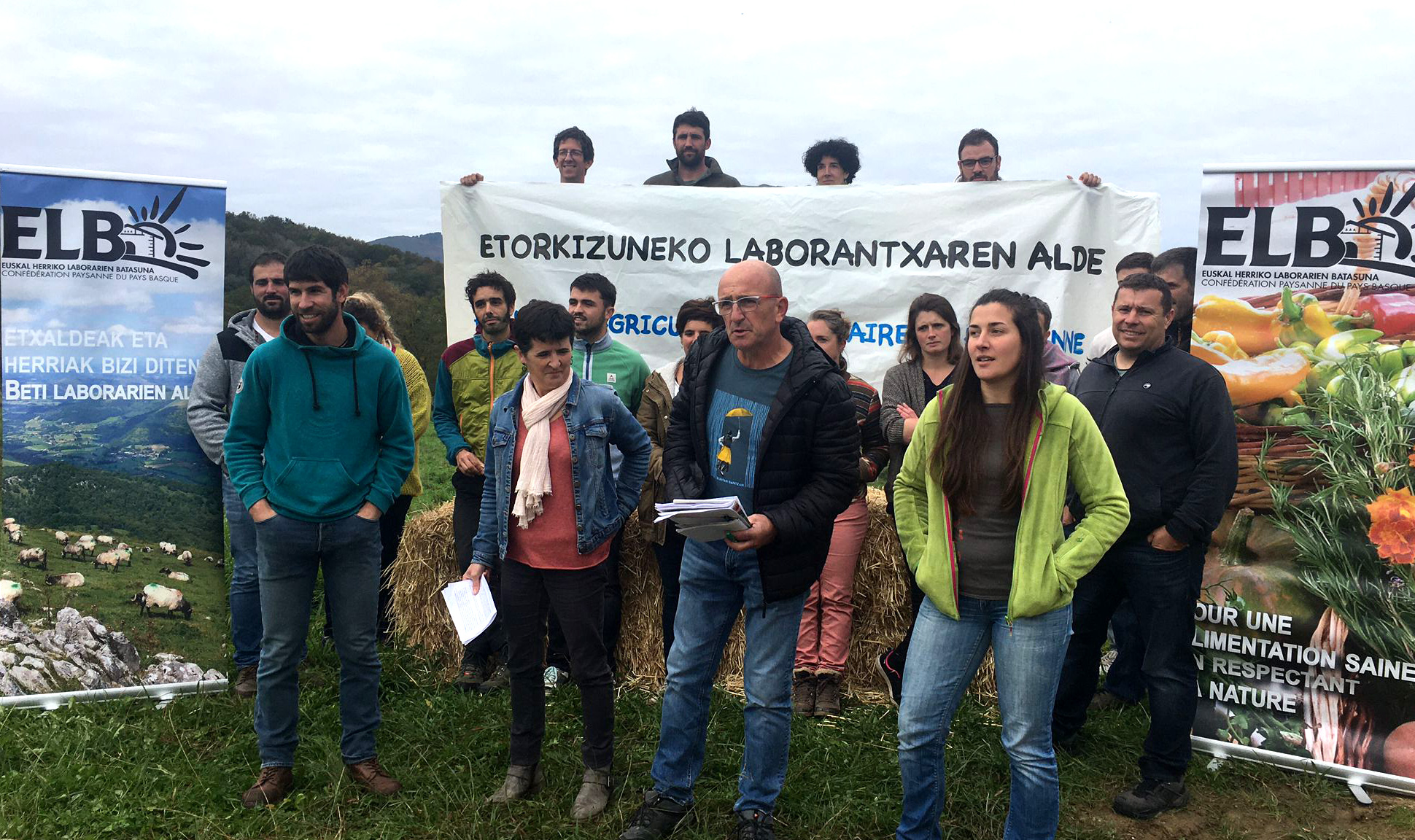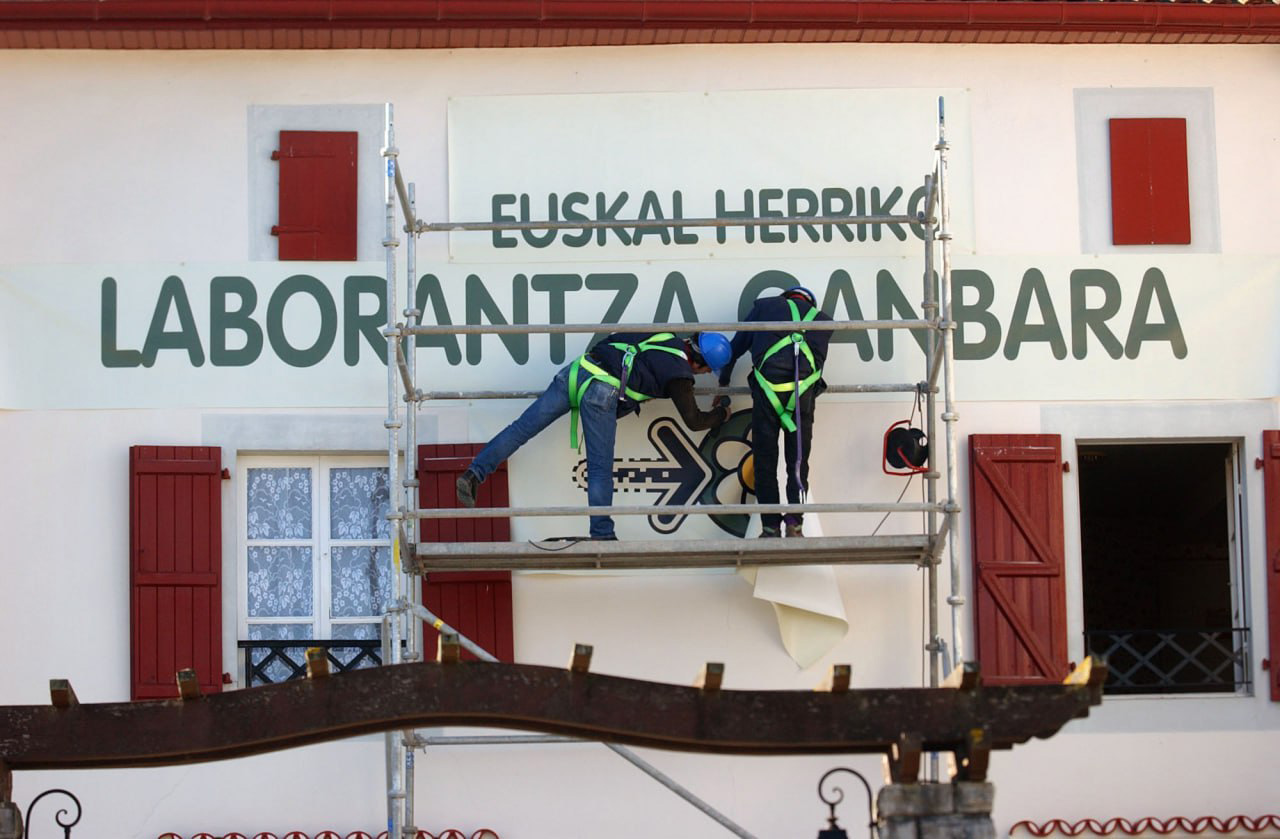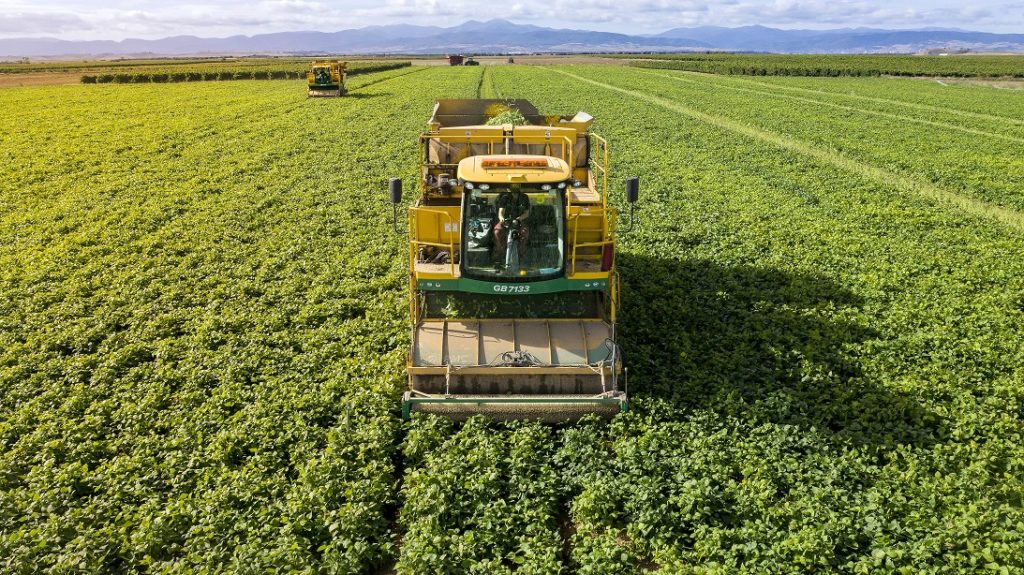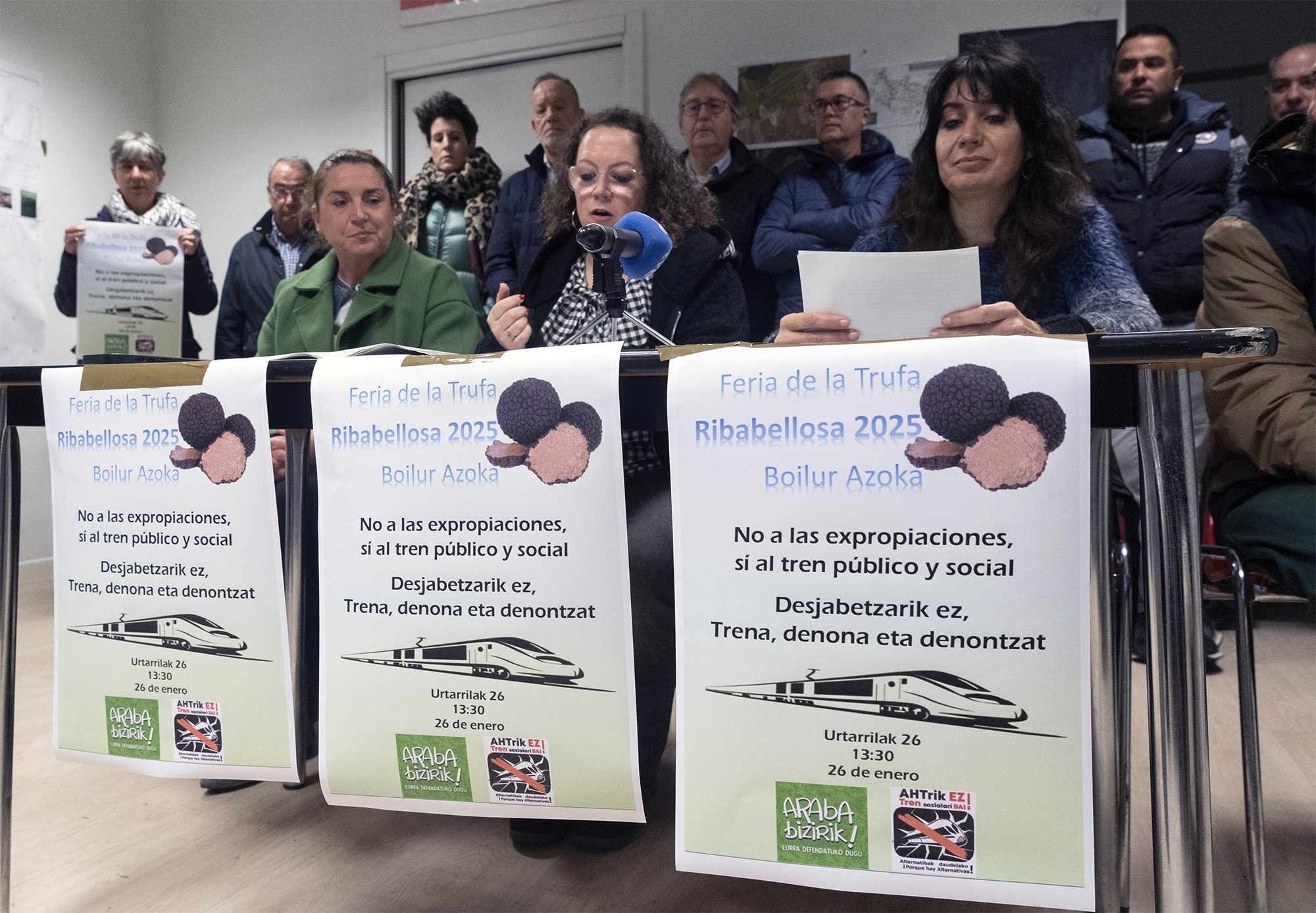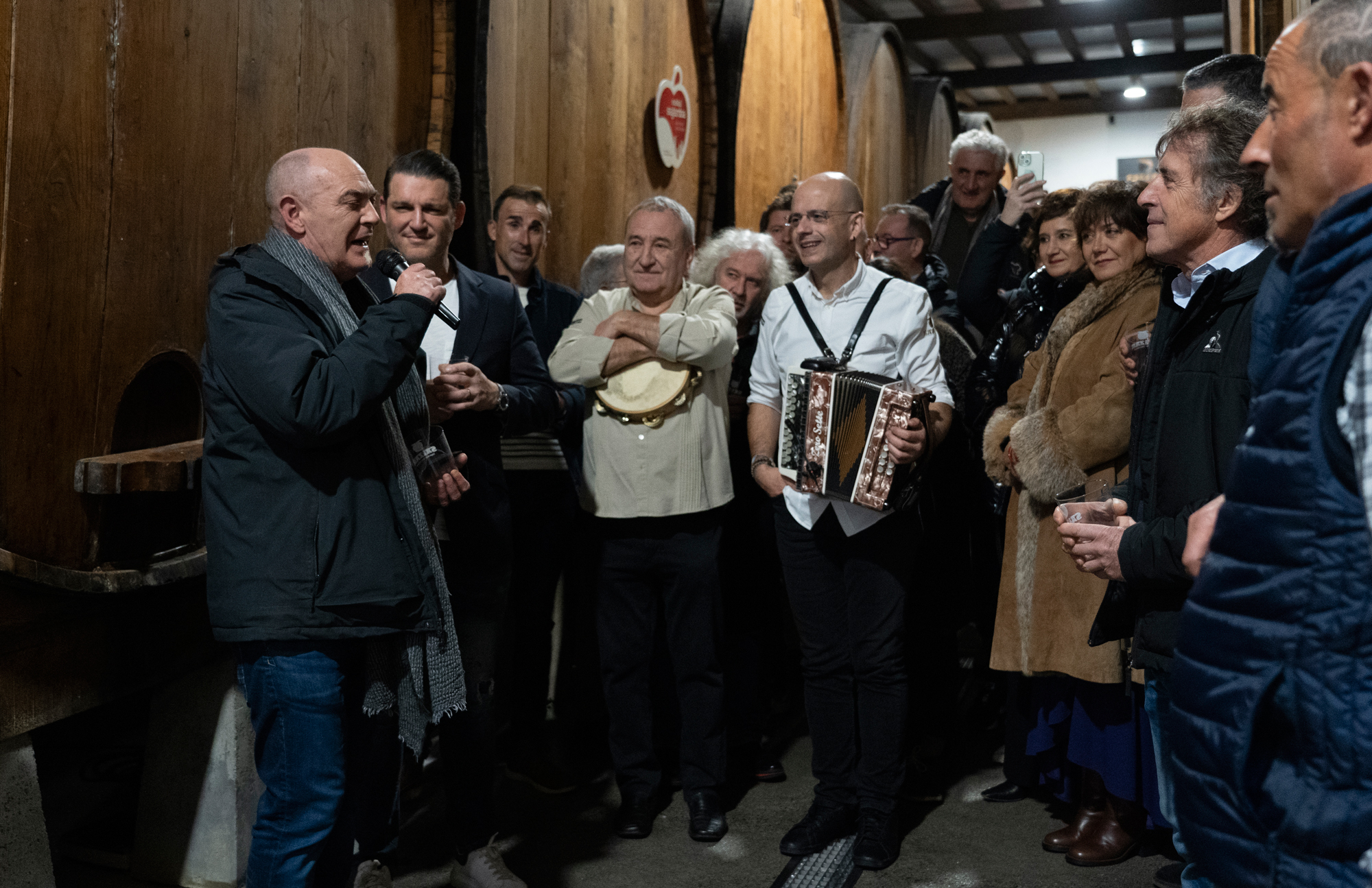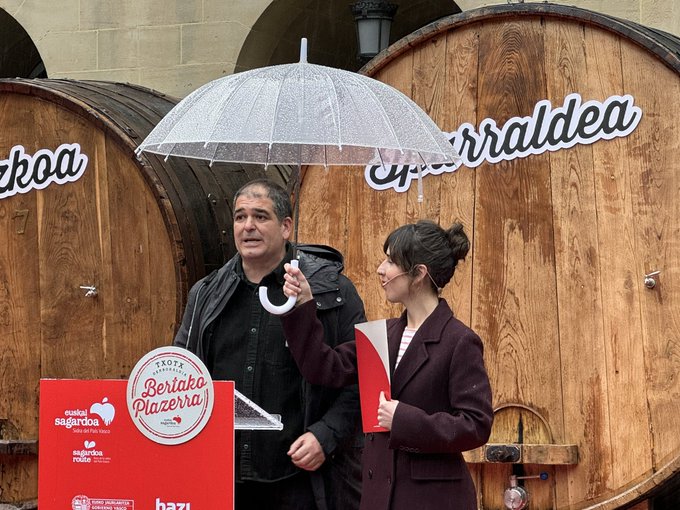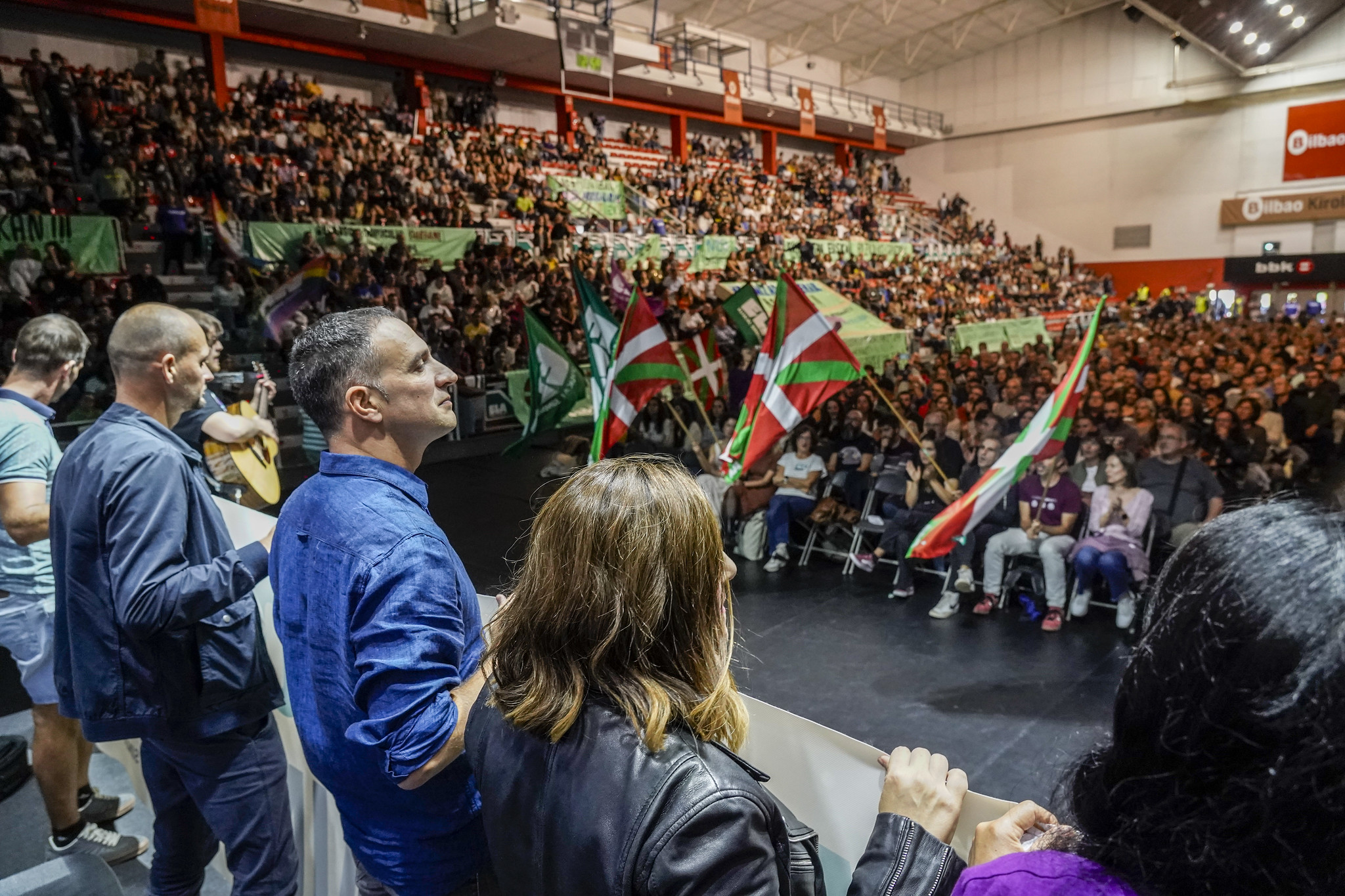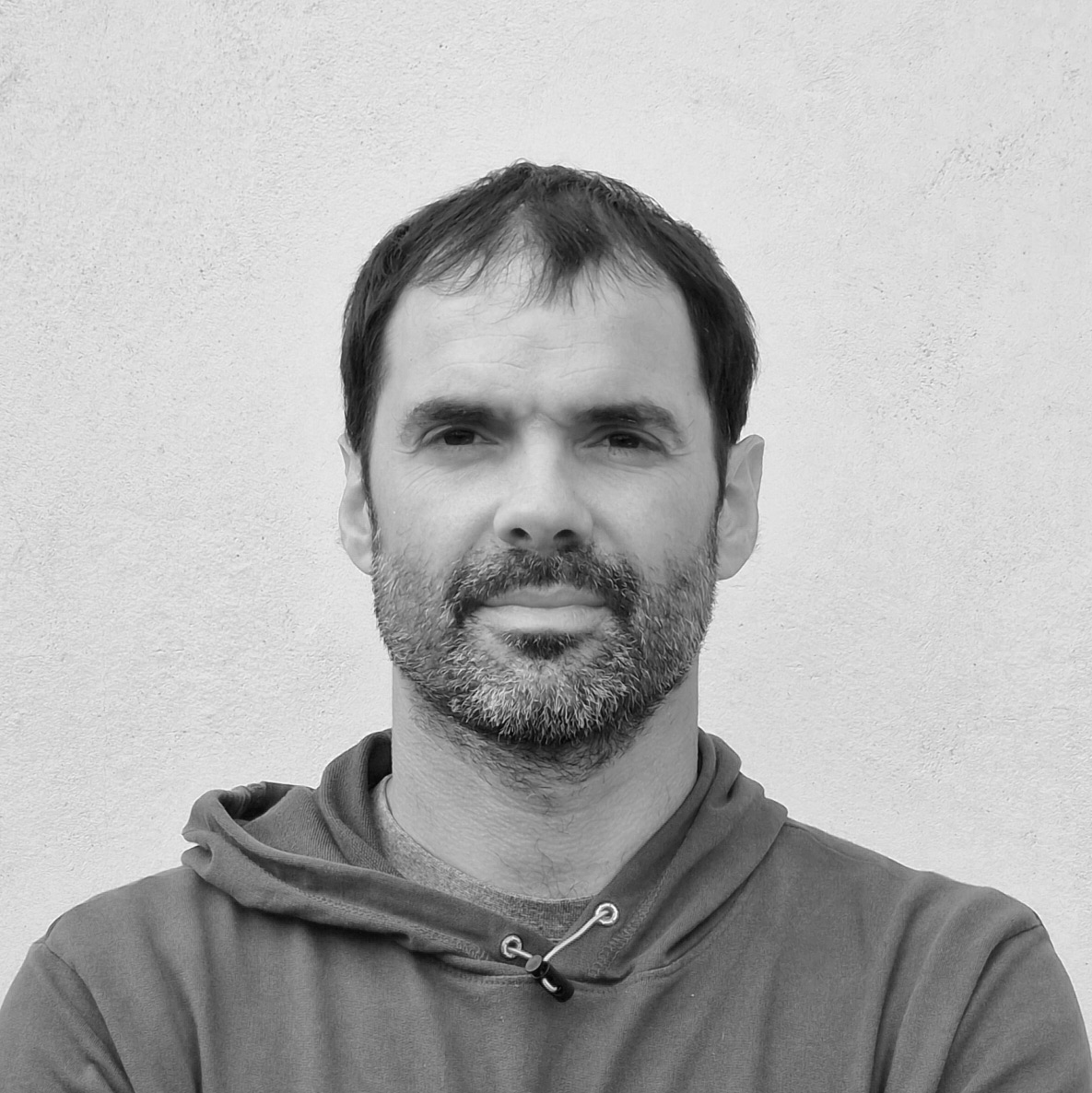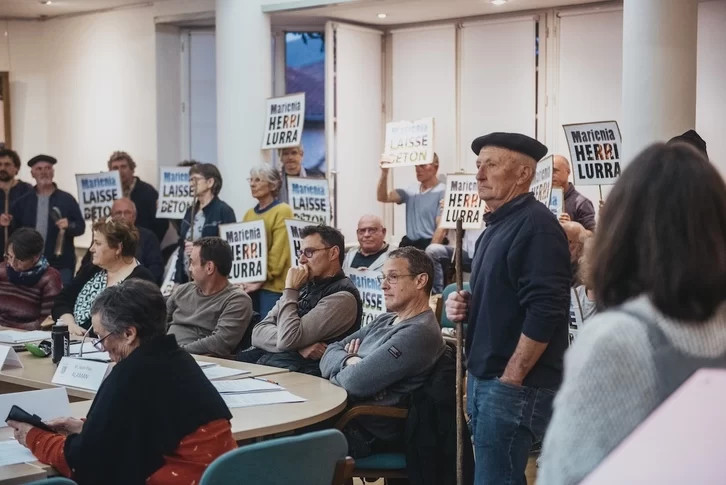Consume local to produce in it
- Beterri km0 is a project launched by six municipalities in the region of Beterri-Buruntza. The aim is to strengthen the primary sector by enhancing the consumption of local products and to extend the possibilities to new producers. In each season of the year a holiday will be organized in a town in the region to promote a concrete product. The winter will be on December 1 in Astigarraga, with the lamb as the protagonist.
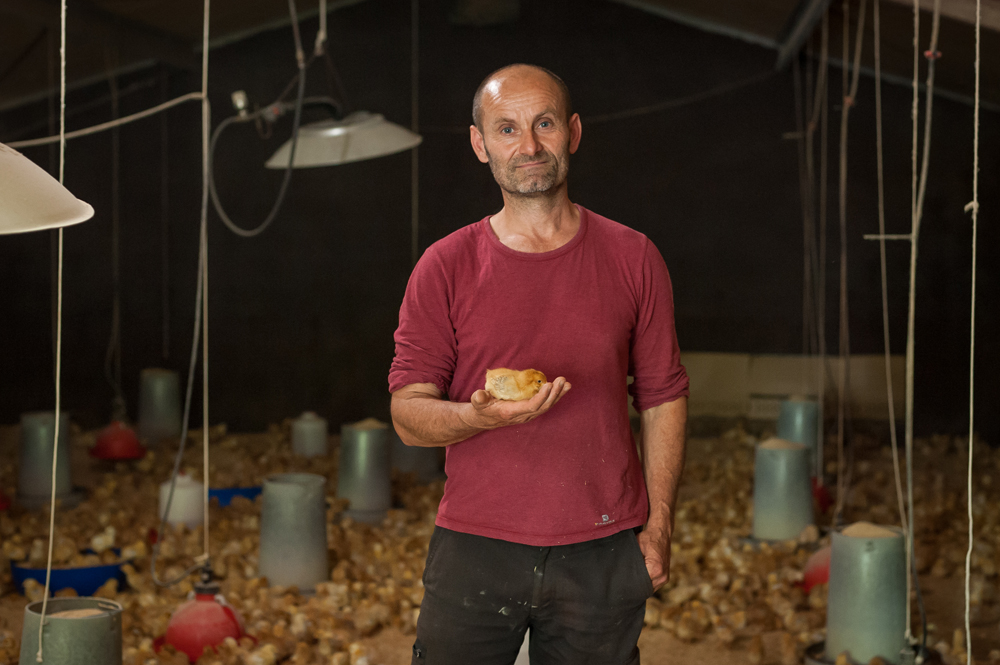
In May of this year we first learned of the Beterri km0 strategy, in the presentation made in Hernani by the project's promoters. Hernani, Urnieta, Usurbil, Astigarraga, Lasarte-Oria and Andoain form the region of Gipuzkoa with the objective of giving a boost to the consumption of local products. But how can we achieve that? The Behemendi Rural Development Association, the Karabeleko Estate, the Ximaurpila association and the Hiritik At and Tapuntu cooperatives began to work together to find answers to the question. The Ta Punto project is in charge of the communication area and the cooperative Hiritik At leads the technical direction.
The development technician of the Beterri-Buruntza region, Andoni Egia Olaizola, explained that the project started three or four years ago: “The Behemendi Association then made a hypothesis: in the region there were more and more producers who worked in agroecology and for the future problems could arise to market the products”. They realized that the marketing channel they had until then been operating, like the basket distribution, had limits, and they started looking for new opportunities.
Much more than a brand
On the one hand, Beterri km0 can be understood as a brand that facilitates the identification of local products. “A brand has been created with a name and brackets. We have stickers, for example, to identify stores and products that have local products,” explains Mikel Olaiz Garmendia, a member of the cooperative Ta Punto. One of the objectives of the project is to expand the supply of local products in the shops and restaurants of the region. To this end, they have created a catalogue of producers in the region, which makes prices and information available to distributors to facilitate access to local products.
In any case, Beterri km0 is a project that goes far beyond mere branding. The drivers wanted to reflect on the distribution system of local products. In addition to shops and restaurants, where can more local products be offered? In this identification work they have found a good option: collective dining rooms.

Local products in public dining rooms
“If we want to promote the consumption of local products and the public administration must be a pioneer and an example, we will channel the consumption of local products from the public administration.” With this idea, they began to analyze the bidding for public spaces in the region, which had dining rooms: “With the tenders, public canteens are awarded to a company, but there are environmental clauses there,” Egia warned. The short-term tenders have established environmental clauses and have conditioned the production of the products offered in these canteens about 25 kilometers away.
For the time being, in the dining rooms of the Hernani elderly residence, the sports club and the day centre are already in operation the menus composed of local products. “In Hernani’s elderly residence, for example, 200 meals a day and 130 dinners are offered. There are over 50,000 menus a year,” the region’s technician calculated. In the dining rooms of the children's schools of Hernani and Usurbil and of the Municipal Award of Andoain Children's School, they also offer products from the region during meals. In the words of truth, “the objective is to promote consumption greater than production, then to seek new lands and open the doors to new producers”.
Land census and producer training
Once the consumption of local products increases, which is already happening with the demand for public dining rooms, the project members know that the supply of producers in the current region will be reduced. You see, though, it's an opportunity. “With Behemendi we are preparing a land census – says Olaiz – to identify the public and private soils available in the region and make them available to new producers.” At the moment, they have occupied two hectares in Astigarraga and Andoain, and in total they have created four jobs.
Koldo Huegun Zapirain, chicken producer: “Food, that is a political action. Only 5% of what we consume in the Basque Country is produced there, there is the problem”.
Training has been very important in Beterri's Km0 project. In the coming months, several sessions will be offered to producers in the region, be they older or new: some related to the sustainability of production – organic agriculture, biofertilizers… – and others related to the company and marketing to make the projects viable within the framework of the social and transformative economy.
Summarising the project: “Encourage consumption of local products, target production towards consumption and at the same time expand production to create jobs and train producers to make projects viable and sustainable with the environment.” It is therefore an initiative of many legs to establish a solid base, the km0 of Beterri.
Koldo Huegun Zapirain is a chicken producer in Usurbil and is a member of the Lumagorri project. It is clear that such projects are essential if the sector is to be revived. “In Gipuzkoa the primary sector is half dead because it has not been strengthened, because the way to help has not been the right one. They have given us aid for installation and production, but then they have thrown us into the lions and we cannot compete with the big ones. The road to local products must be connected to the end, to the consumer, as the Beterri km0 project intends,” he explains.
The producer proposes to transfer to food the political conscience that exists in Euskal Herria: “That is political action, it is food. Only about 5% of what we consume in the Basque Country is produced there, there is the problem. Jobs, food quality, environmental care… Everything is directly related to that.”
Arrantza handi eta industriala defizitarioagoa da sozialki, ekonomikoki eta ekologikoki arrantza txikiaren alboan; arrantza txikiak baino dirulaguntza publiko dezente gehiago jasotzen ditu; eta are, soilik laguntza horiei esker bizirauten du. Horixe erakutsi du Frantziako... [+]
Datorren astean Departamenduko Laborantza Ganbarako hauteskundeak ospatuko dira Ipar Euskal Herrian. Frantzia mailako FDSEA eta CR sindikatuez gain, ELB Euskal Herriko Laborarien Batasuna aurkezten da, "euskal laborarien defentsa" bermatzeko.
Euskal Herriko Laborantza Ganbera elkartearen hogei urteak ospatu zituzten asteburuan Ainhize-Monjolosen. 2005eko urtarrilaren 15 hartan sortu zuten Lapurdi, Baxenabarre eta Zuberoako laborantzaren garapena –hori bai, iraunkorra eta herrikoia izan nahi duena–... [+]
Departamenduko Laborantza Ganbarako hauteskundeen kanpaina abiatu da. Urtarrilaren 14an bozetara aurkezten diren hiru sindikatuen ordezkariekin bi oreneko eztabaida sakona antolatu zuten Euskal Hedabideek, osoki euskaraz.












